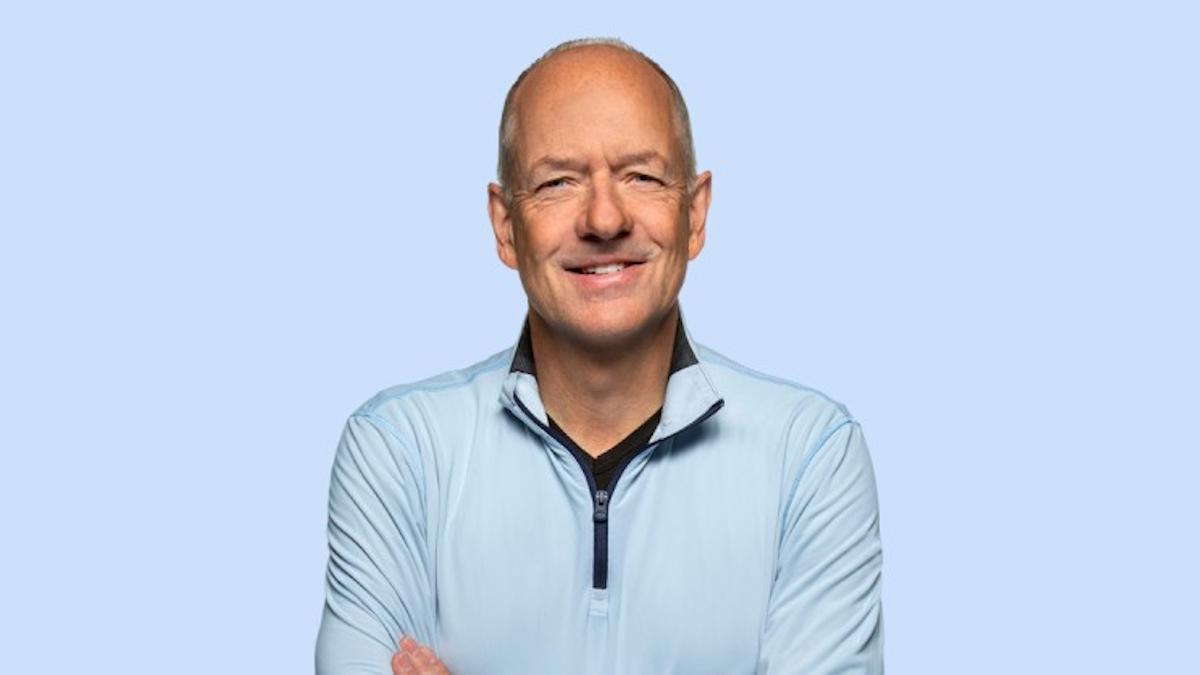UnitedHealth CEO Andrew Witty steps down

Andrew Witty had been CEO of UnitedHealth Group for four years.
Andrew Witty has resigned as chief executive of US health conglomerate UnitedHealth Group, as the company pulled its financial forecasts for 2025, adding to a sense of crisis after a turbulent period.
Witty said he was stepping down for "personal reasons" and has been replaced – effective immediately – by former CEO and current chairman Stephen Hemsley.
Shares in the company plunged nearly 18% after the announcement, which comes a few months after the head of its insurance division was shot and killed in New York, allegedly as a protest against the high costs of health insurance and a policy to deny claims in the US system. The suspected shooter, Luigi Mangione, is facing the death penalty but has been celebrated by supporters as something of a folk hero.
A few months earlier, the group was hit by a cyberattack on Change Healthcare, a UnitedHealth subsidiary that focuses on systems used to pay for prescriptions and process health reimbursement claims across the US, which impacted millions of people and prompted an angry response from affected health systems.
Witty has been on a damage limitation drive to try to restore UnitedHealth's reputation, acknowledging earlier this year that "the health system needs to function better," adding that the task for "health care providers, payers, employers, drug companies and policymakers…is to continue improving quality and health outcomes for individuals and their families, while lowering costs for everyone."
Ultimately, it seems that a downturn in UnitedHealth's financial fortunes has led to his departure from a company he has run for the last four years.
In a statement, the company said it was suspending its 2025 outlook "as care activity continued to accelerate while also broadening to more types of benefit offerings than seen in the first quarter, and the medical costs of many Medicare Advantage beneficiaries new to UnitedHealthcare remained higher than expected."
Put simply, that means that older people in the Medicare Advantage schemes – a type of hospital and medical insurance provided by private companies instead of by the federal government – were accessing more healthcare services than expected, driving up the cost of providing care.
In a statement on the firm's first-quarter results – which saw revenues up $9.8 billion to $109.6 billion with operating earnings of $9.1 billion, its first missed target since the 2008 financial crisis – Witty said that UnitedHealth "grew to serve more people more comprehensively but did not perform up to our expectations."
He added: "We are aggressively addressing those challenges to position us well for the years ahead, and return to our long-term earnings growth rate target of 13 to 16%."


